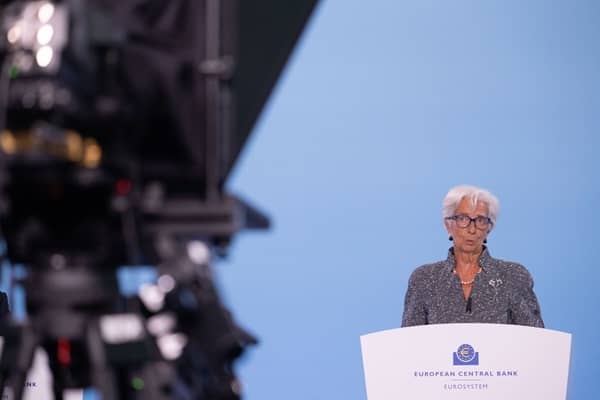The euro was at a three-week low against the US dollar on Monday as renewed trade tensions weighed on the common currency.
The move followed President Trump’s announcement of a 30% tariff on EU and Mexican imports, set to take effect on August 1.
The European Union opted to extend its suspension of countermeasures, keeping the door open for negotiations.
Meanwhile, German 10-year Bond yields rose to 2.73%, the highest since April, reflecting investors’ caution. Additionally, the ECB appears increasingly reluctant to cut rates further. Board member Isabel Schnabel reiterated on Friday that the bar for additional easing is “very high,” citing anchored inflation expectations and resilience in eurozone growth. Her remarks suggest a pause in the ECB’s easing cycle, which could support the euro.
Looking ahead, markets will focus on ZEW sentiment data, industrial production and balance of trade. While strong economic results could favour the Euro, any disappointment could further pressure the single currency. In this regard, inflation data could also affect monetary policy expectations.

